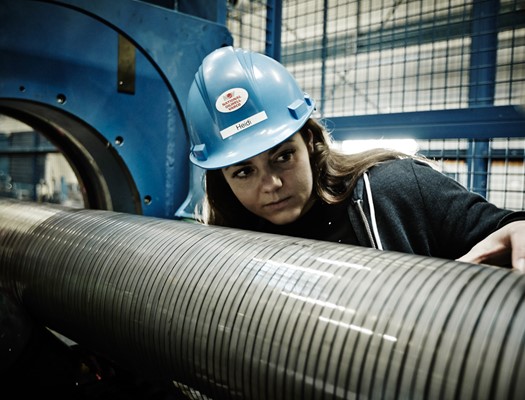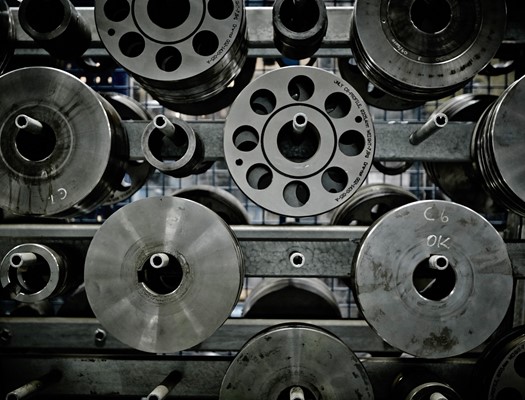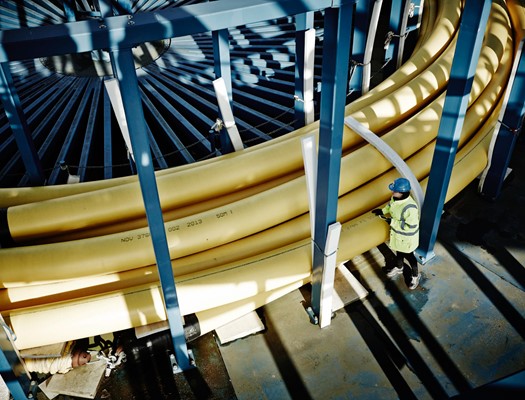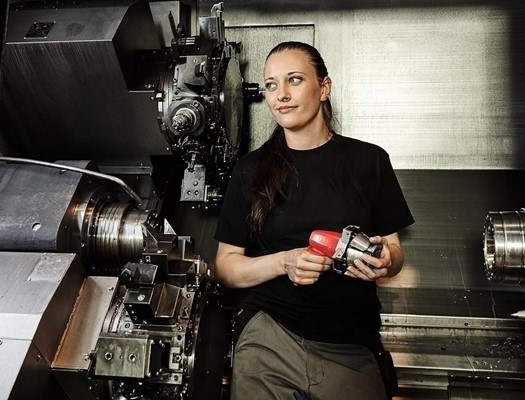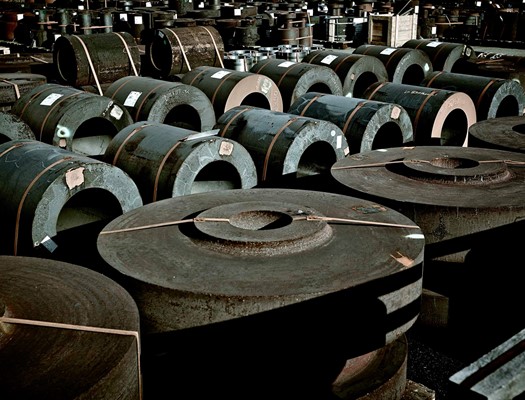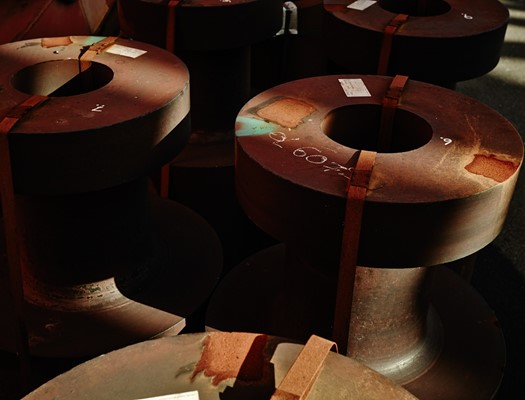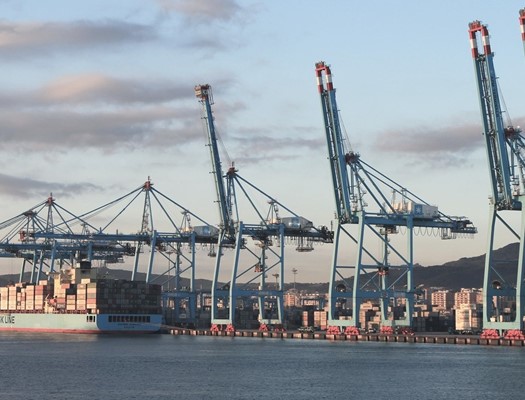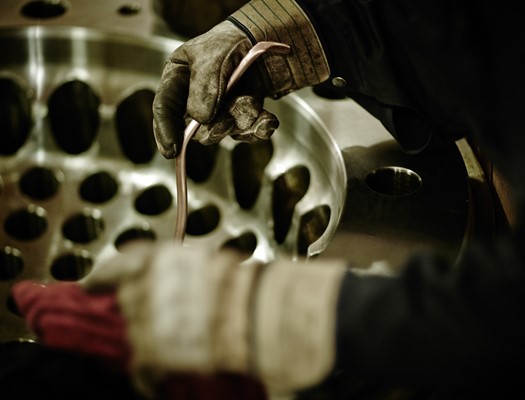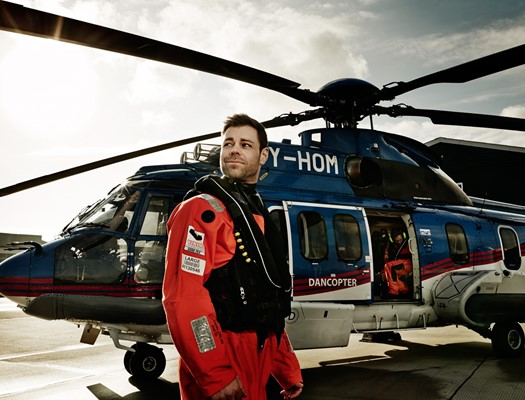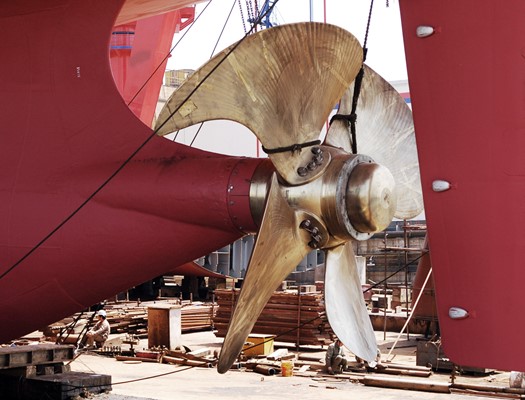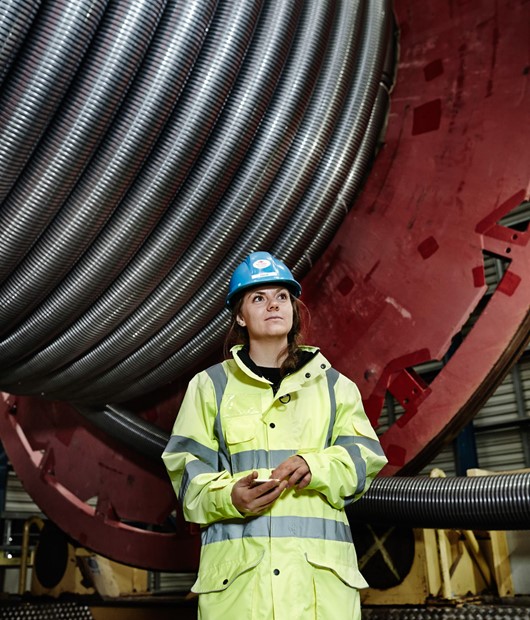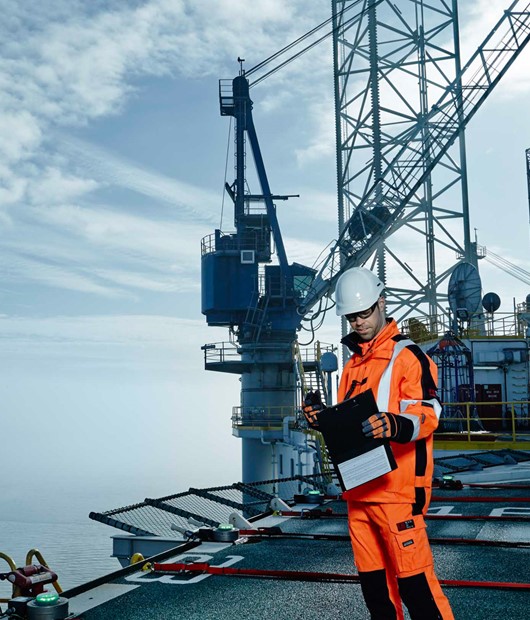
Your motivations and qualifications
- You have good analytical skills
- An upper secondary education or other relevant vocational training
- Ability to work independently
Job tasks
Energy optimisation is a highly relevant field in industries, in business and in private homes so employment options are very broad.
The programme
The training is a vocational programme that takes 2 years and consists of several elements.
You get both compulsory and elective subjects in the areas you want to specialise in. You will also do an internship and a final project.
During training you receive both practical and theoretical knowledge relating to efficiency of air conditioning, solar energy and wind turbines.
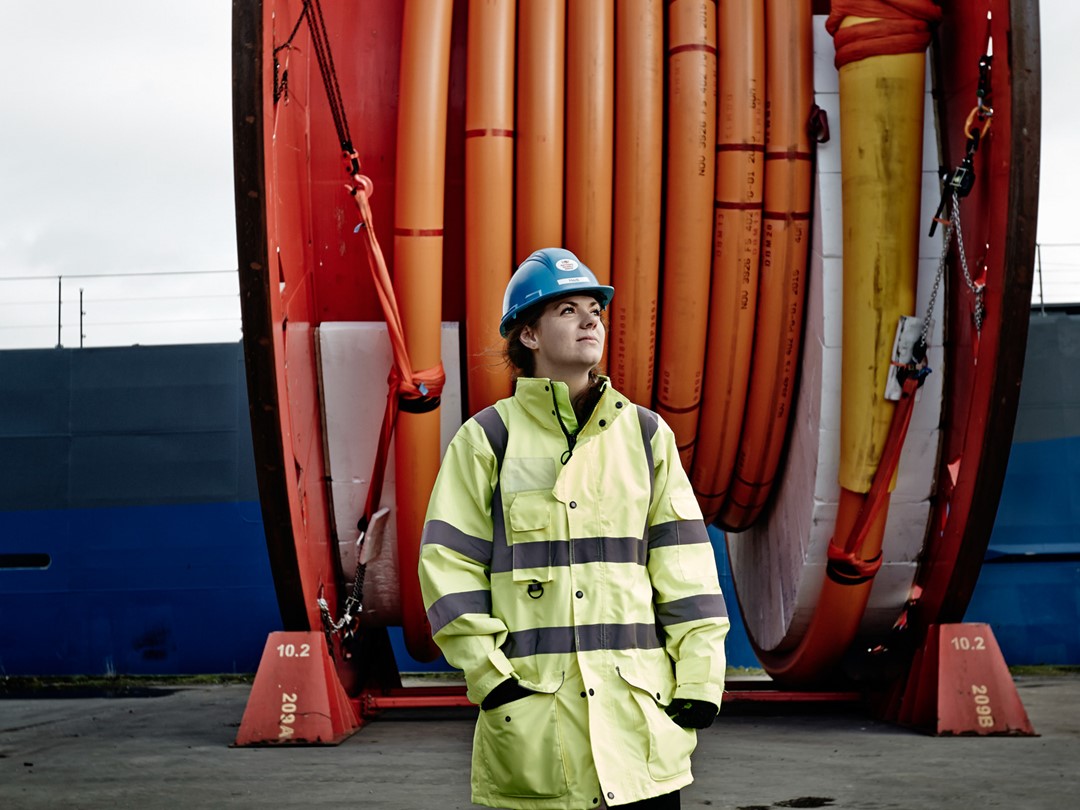
Career opportunities
As fully trained energy technologist you have the opportunity to work with utilities and consulting companies, or you can work in technical departments in both state and municipalities.
You can also work with companies that deal with buildings and process plants, with architectural firms and energy consulting firms. You will of course also be able to find work in companies that specialise in the maritime industry.
Possible job titles include energy consultant, energy manager, energy coordinator or project manager.
You also have the opportunity for further education e.g., take a Pba. in Innovation and Entrepreneurship or an engineering diploma.
3 good reasons for choosing this career path:
- Your skills are in high demand
- You have the opportunity to gain international experience during your studies
- You get to work with different disciplines
Meet the awesome women in the maritime industry and find out why they decided on a maritime career.
Among others, read about Emma, who has chosen to study marine engineering, and Ingrid Marie, who is an engineer and Ph.d. student at Denmark’s Technical University.
Related programs
Portraits
Get to know more about those who are currently pursuing an interesting maritime career.


